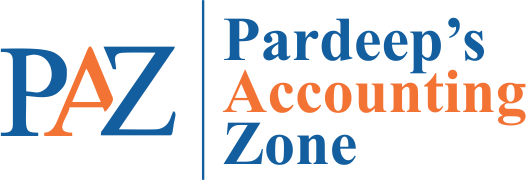This course builds on foundational accounting knowledge to deepen understanding of financial accounting principles, statements, and reporting frameworks used in business decision-making and compliance.
Core Topics Covered
-
Purpose and Nature of Accounting:
Understanding accounting as an information system designed to provide financial data to users such as investors, creditors, and management. -
Business Organization Forms and Structures:
Overview of sole proprietorships, partnerships, and corporations and their financial reporting requirements. -
Accounting Concepts and Principles:
Advanced study of accounting conventions (accrual, consistency, prudence), and the accounting equation applied to complex transactions. -
The Accounting Cycle:
Detailed processes including journalizing, posting to ledgers, trial balance preparation, adjustments, and closing entries to finalize accounts. -
Financial Statements Preparation:
Preparation and presentation of basic financial statements including the income statement (profit & loss), balance sheet, and cash flow statement for different business entities. -
Accounting Standards and Regulatory Compliance:
Introduction to applicable accounting standards (e.g., IFRS, Indian GAAP), corporate laws, and regulatory guidelines impacting financial reporting. -
Accounting for Partnerships and Corporations:
Handling specific transactions such as partner accounts, share issuance, distribution of dividends, and corporate reporting obligations. -
Financial Analysis and Interpretation:
Use of financial ratios and reporting tools to interpret an organization’s financial health and performance. -
Ethics and Professionalism in Accounting:
Emphasis on ethical practices and responsibilities within the financial reporting process.
Learning Outcomes
Students completing this course will be able to:
- Apply advanced accounting principles to record and report financial transactions.
- Prepare accurate, compliant financial statements for various business forms.
- Understand regulatory frameworks guiding financial reporting.
- Analyze and interpret financial statements to support business decisions.
- Demonstrate professionalism and ethical judgment in reporting.

